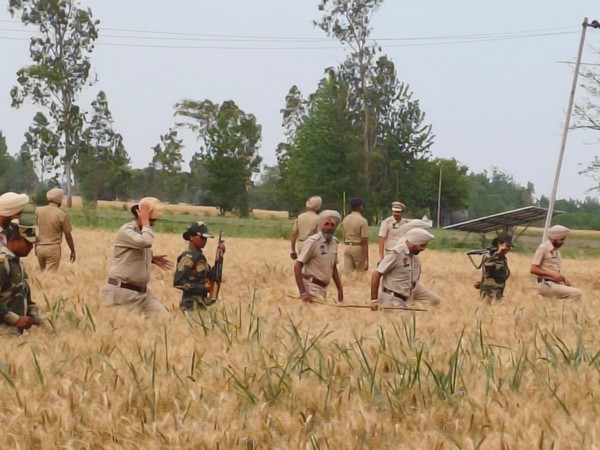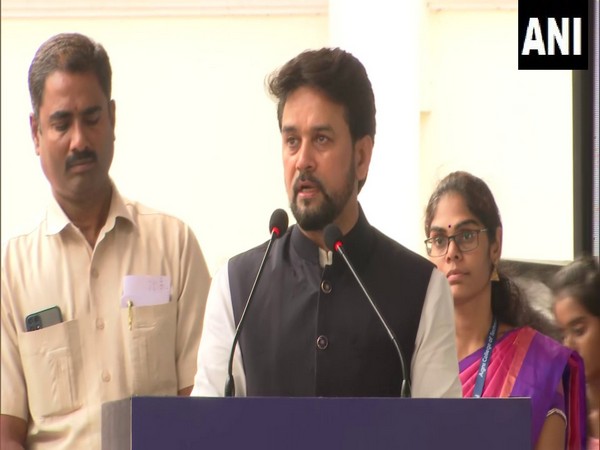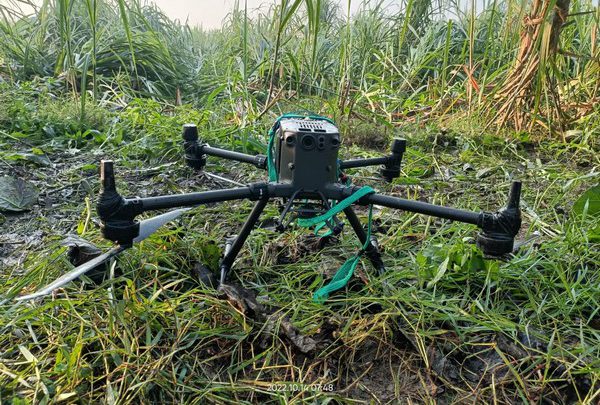Emphasizing the need to create awareness against fake news, Prime Minister Narendra Modi on Friday said that social media cannot be underestimated and that a small piece of fake news generated by it can create chaos. The Prime Minister appealed for people to check facts before sharing messages on social media.
Addressing a ‘Chintan Shivir’ in Haryana of home ministers of states via video conferencing, PM Modi said, “For the safety and rights of law-abiding citizens, stringent action against negative forces is our responsibility. A small piece of fake news can kick up a storm across the nation…We will have to educate people to think before forwarding anything, verify before believing it…”
He said people must be made aware of the various mechanisms that are now available on all social media platforms to verify messages before forwarding them.
“Fact check of fake news is a must. Technology plays a big role in this. People must be made aware of mechanisms to verify messages before forwarding them,” the prime minister said.
Prime Minister said that one should not limit social media to being the source of information.
He said that a piece of single fake news has the capability to snowball into a matter of national concern.
The Prime Minister said during the reservation issue, the country had to face losses due to fake news. He said people should think 10 times before forwarding any messages on social media.
He stressed on the need to educate people about analyzing and verifying information before forwarding it on social media platforms.
Emphasizing the internal security of the country, Prime Minister said India needs to defeat the threats that are arising from Naxalism be it “gun-toting or pen-wielding”.
“In past few years, all governments have acted responsibly to demolish ground network of terror…We need to handle it by combining our forces. We will have to defeat all forms of Naxalism – be it gun-totting or pen-wielding, we will have to find a solution for all of them,” PM said.
Highlighting the importance of having a smart law and order system on par with advanced technologies, PM Modi said the agencies have to be 10 steps ahead of the crime world.
He said, “Today the nature of crimes is changing. We need to understand the new age technologies. We entered the 5G era. Hence we need to be more vigilant,” Prime Minister said.
With 5G technology, PM said there will be manifold improvement in facial recognition technology, automatic number plate recognition technology, and drone and CCTV technology.
“With the advancement in 5G technology, awareness is equally important. It is to be ensured that India’s law and order system becomes smart. Technology not only helps in the prevention of crimes but also in crime investigation. We will have to be 10 steps ahead of the crime world,” he said.
PM said there is a need to have a positive perspective. He called for improved synergy among the police stations with cooperation, rapport, and a streamlined mechanism.
In order to improve the efficiency of the police and strengthen law and order, Prime Minister said the interconnectedness between the police of different states is an important aspect.
He said, “Law and order is not restricted to one state now. Crime is turning interstate and international. With technology, criminals now have increased their power to commit crimes. Criminals beyond the border are misusing technology. Be it cybercrime or the usage of drone technology for the smuggling of weapons or drugs, we will have to keep working on new technology for them.”
The coordination between agencies of all states and between central and state agencies is essential, PM said.
This Chintan Shivir of home ministers in Surajkund Prime Minister said is an excellent example of cooperative federalism. He said States can learn from each other, take inspiration from each other and work together for the betterment of the country.
He said the next 25 years will be for the creation of an ‘amrit peedhi’. This ‘amrit peedhi’ will be created by imbibing the resolutions of ‘Panch Pran’ – creation of a developed India, freedom from all colonial mindset, pride in heritage, unity, and most importantly, citizen duty.
The two-day Chintan Shivir is being held at Surajkund, Haryana. Home Secretaries and Director Generals of Police (DGPs) of the States and Director Generals of Central Armed Police Forces (CAPFs) and Central Police Organisations (CPOs) attended the Chintan Shivir.
According to Prime Minister’s Office (PMO) statement, the Chintan Shivir of Home Ministers is an endeavor to provide a national perspective to policy formulation on internal security-related matters. The Shivir, in the spirit of cooperative federalism, will bring more synergy in planning and coordination between various stakeholders at the center and state levels.
The Shivir will deliberate on issues like modernization of police forces, cybercrime management, increased use of IT in the criminal justice system, land border management, coastal security, women’s safety, and drug trafficking, among others, added the statement. (ANI)
Read More:http://13.232.95.176/






